Kenyan politicians are ranked among the country's wealthy individuals thanks to the hefty salaries and perks. However, a number of them boast various investments that contribute to their riches.
In this segment, Nairobileo.co.ke takes a look at a few Kenyan politicians who have struck gold in dairy farming.
These politicians rare dairy cows in their farms, raking in millions of shillings per month.
1. Former Bomet Governor Isaac Ruto
According to reports, the former governor owns a dairy farm worth over Ksh60 million.
Read More
During a past interview with Smartharvest Magazine, Ruto revealed that he spent about Ksh 60 million to set up the farm which sits on 30 acres of land in Tumoi.
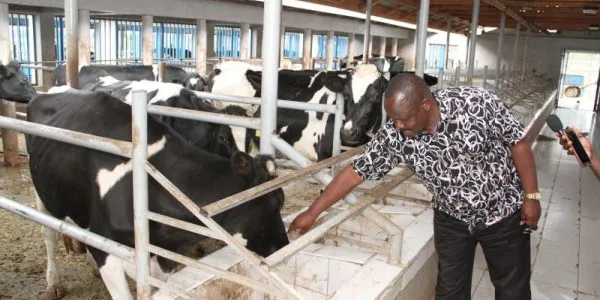
The farm boasts about 100 cows, about 70 heifers and some bulls. According to the former governor, some of the cows on the farm cost over Ksh300,000 to purchase.
From the venture, the governor gets between 25 to 40 litres of milk per cow per day.
The dairy farm also has a Ksh5 million cooling plant with a capacity of about 3,000 litres.
During the 2018 interview, the governor hoped to increase milk production at the farm by increasing his herd to about 300 dairy cows. The former governor aims at producing between 5,000 to 6,000 litres of milk per day.
He also expressed interest at venturing into the production of ghee and yoghurt. Milk from the farm is taken to the Kenya Cooperative Creameries (KCC).
On the farm, Ruto rares Friesians, Ayrshires, and the Swiss Brown which he bought from the Agriculture Development Corporation (ADC).
The former governor's cows do not drink cold water. He uses their waste to produce biogas which is used to heat the warm the water and other purposes on the farm.
Ruto developed a passion for dairy farming from his father who was among the pioneer dairy farmers in the South Rift region.
2. Omingo Magara
The former South Mugirango Member of Parliament is among the leading dairy farmers in the country.
Magara who is eyeing the Kisii gubernatorial seat on Jubilee ticket, proved to many that one does not necessarily require huge tracks of land to keep dairy cows and rake in millions in the process.
After losing his South Mugirango seat in 2013, Magara went into farming and has since done an amazing job while at it.
During an interview with K24 in 2018, the former MP revealed that he has over 70 cows on his dairy farm. The herd comprises of both high and low yielders.
Magara supplies about 3,500 litres of milk twice a week to Kenya Seed Company, his neighbours and new clients that are continuously referred to him.
He is keen on hygiene around the dairy and believes that cows are sensitive and should be treated just like humans. The cows even have their own radio that plays soothing music that helps them relax.
The cows are milked using machines since they are efficient and faster.
Magara developed a passion for farming while still in High School. In 2010, he began his journey with three five-month-old heifers. He bought them from the Rift Valley Institue of Technology at KSh150,000 each.
He lists feeds as the biggest challenge in is his dairy farming journey. He spends about Ksh500,000 per month on feeds alone.
As of 2018, the former MP milked 500 litres per day from 24 cows.
He has since set up a cooling and pasteurising plant at the farm. He also produces yoghurt which is packaged and distributed to retailers.
3. Johanna Ng'eno
The Emurua-Dikir MP's dairy farm remained unknown to the public until tragedy struck in January 2020.
Ng'eno lost 24 Holstein Friesian cows worth an estimated Ksh2.5 million after they ingested a poisonous mineral product.
The mineral product had been imported according to Fredrick Mutai, the manager at Olekisiara Farm.
"The cows began shivering, foaming in the mouth and running wild before dropping dead one after the other five minutes after consuming the mineral salt.
"We immediately called a veterinary doctor who came and injected the animals in an effort to save them, but there was little he could do," he told journalists.
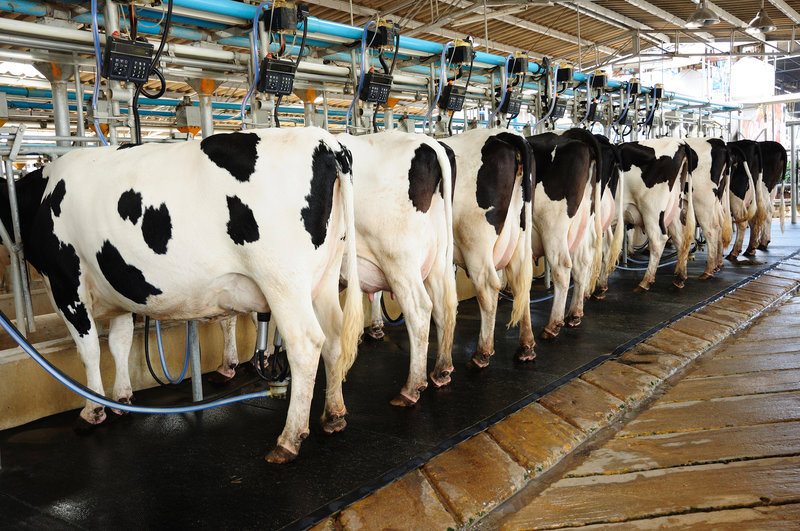
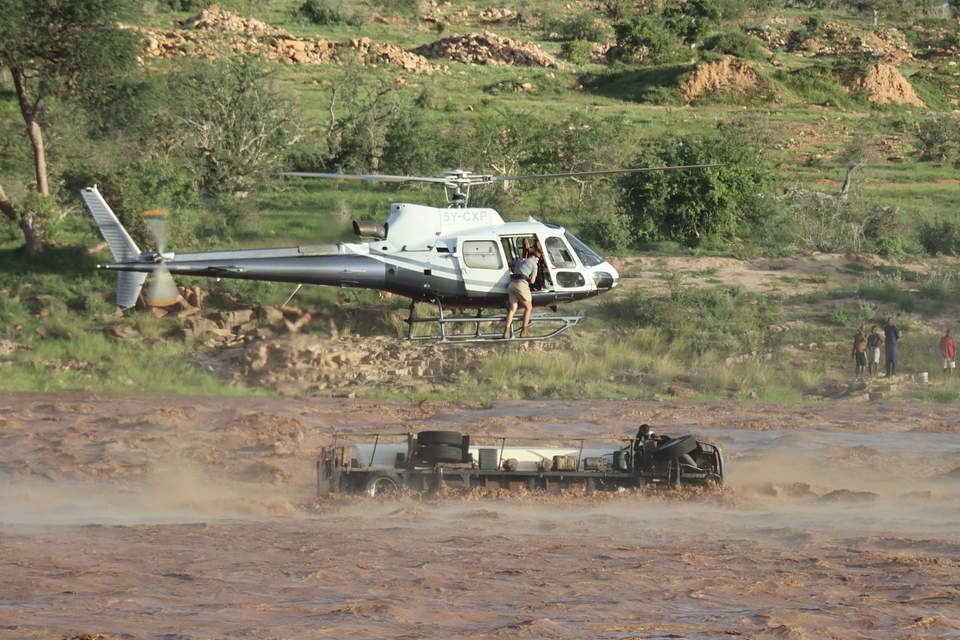


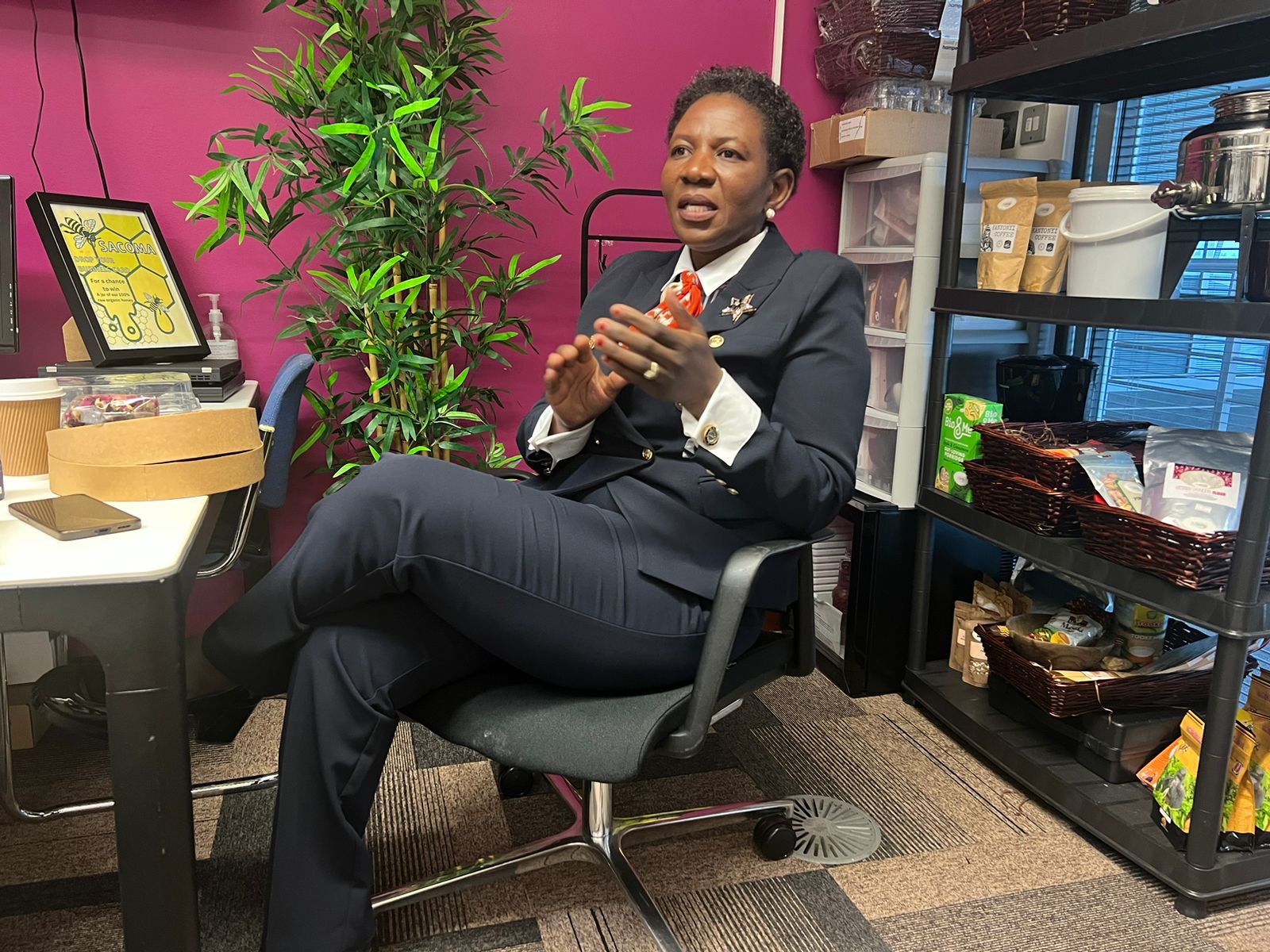
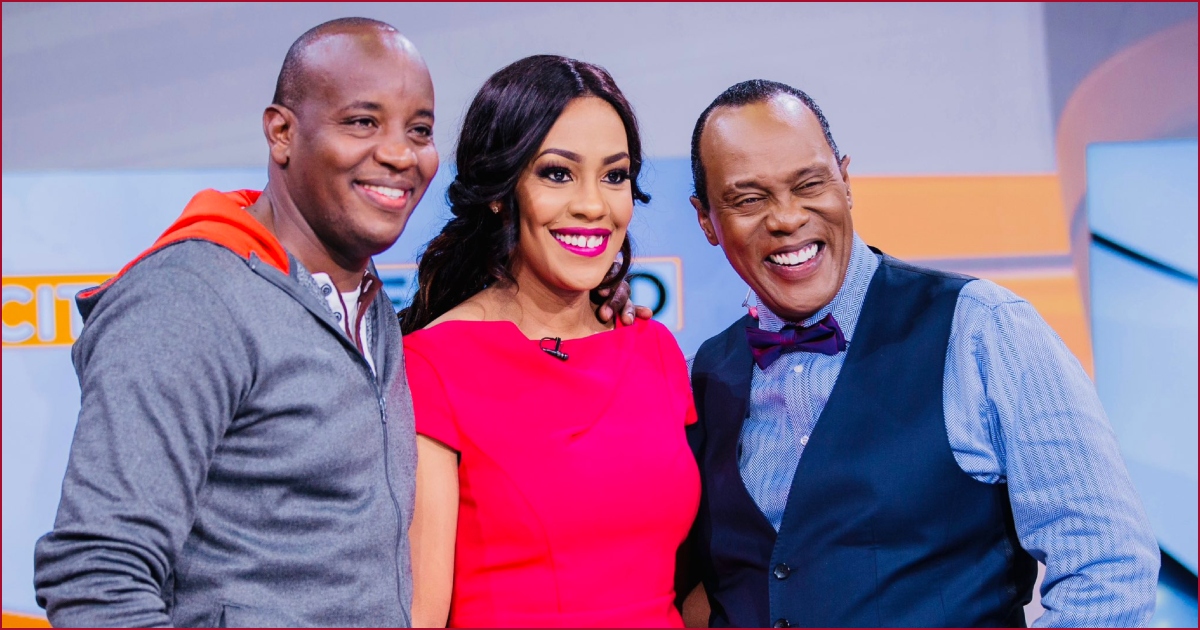
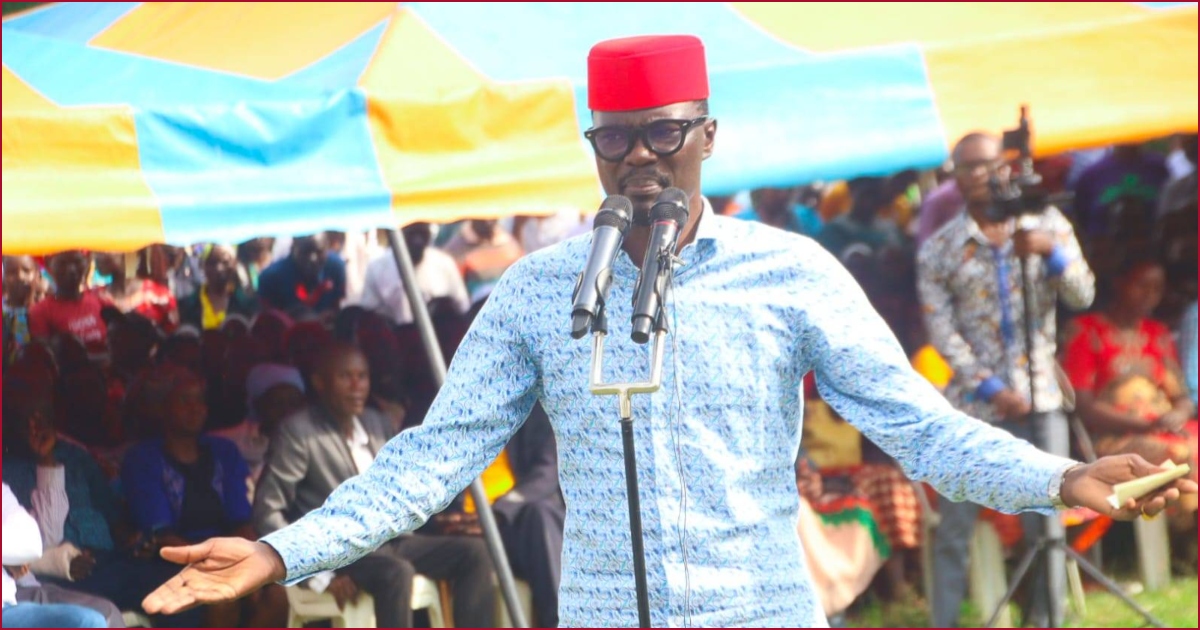
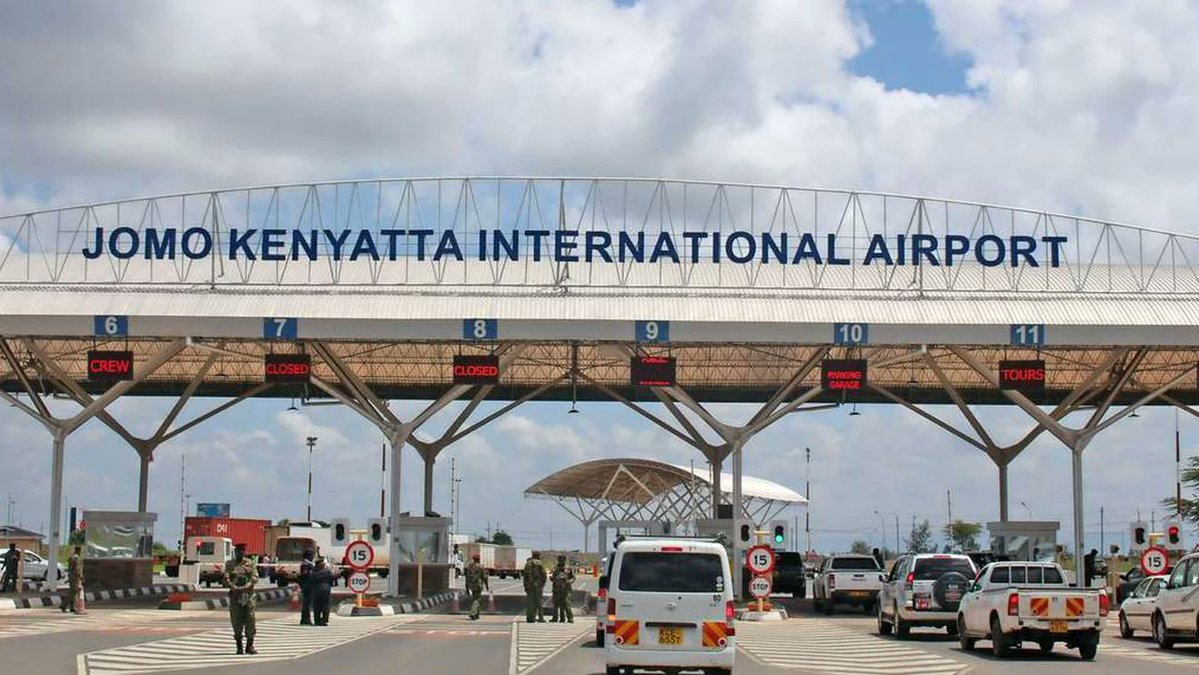
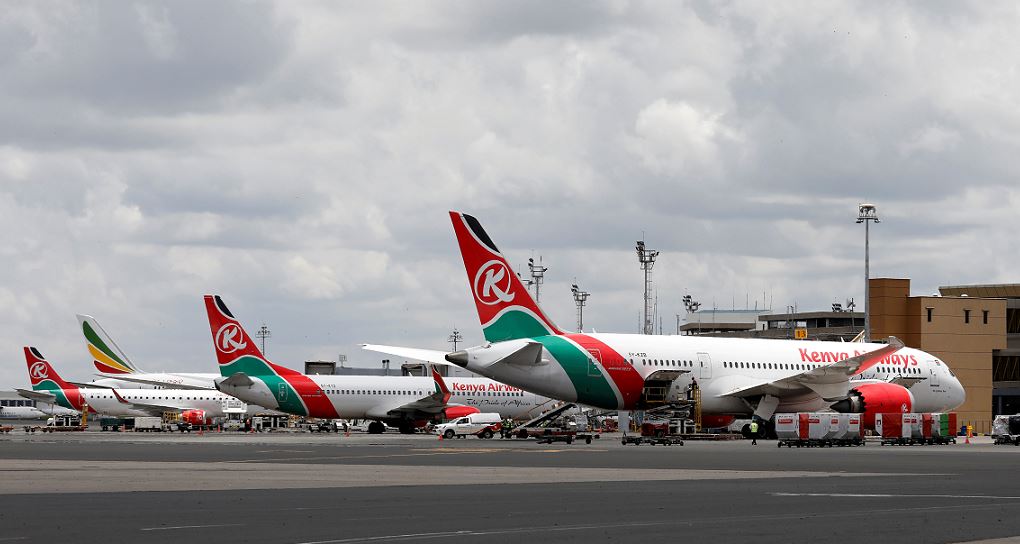
-1670665275.jpg)